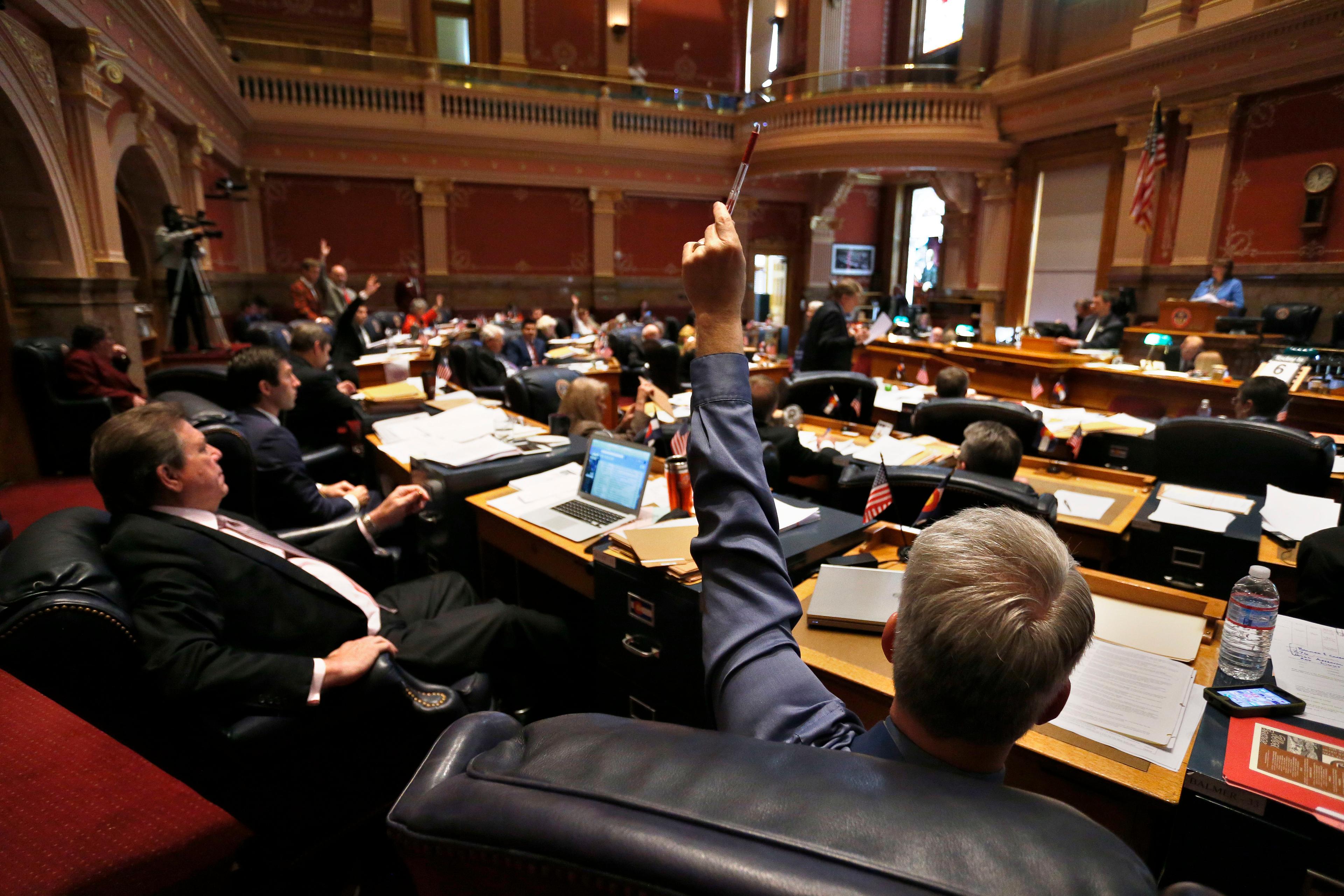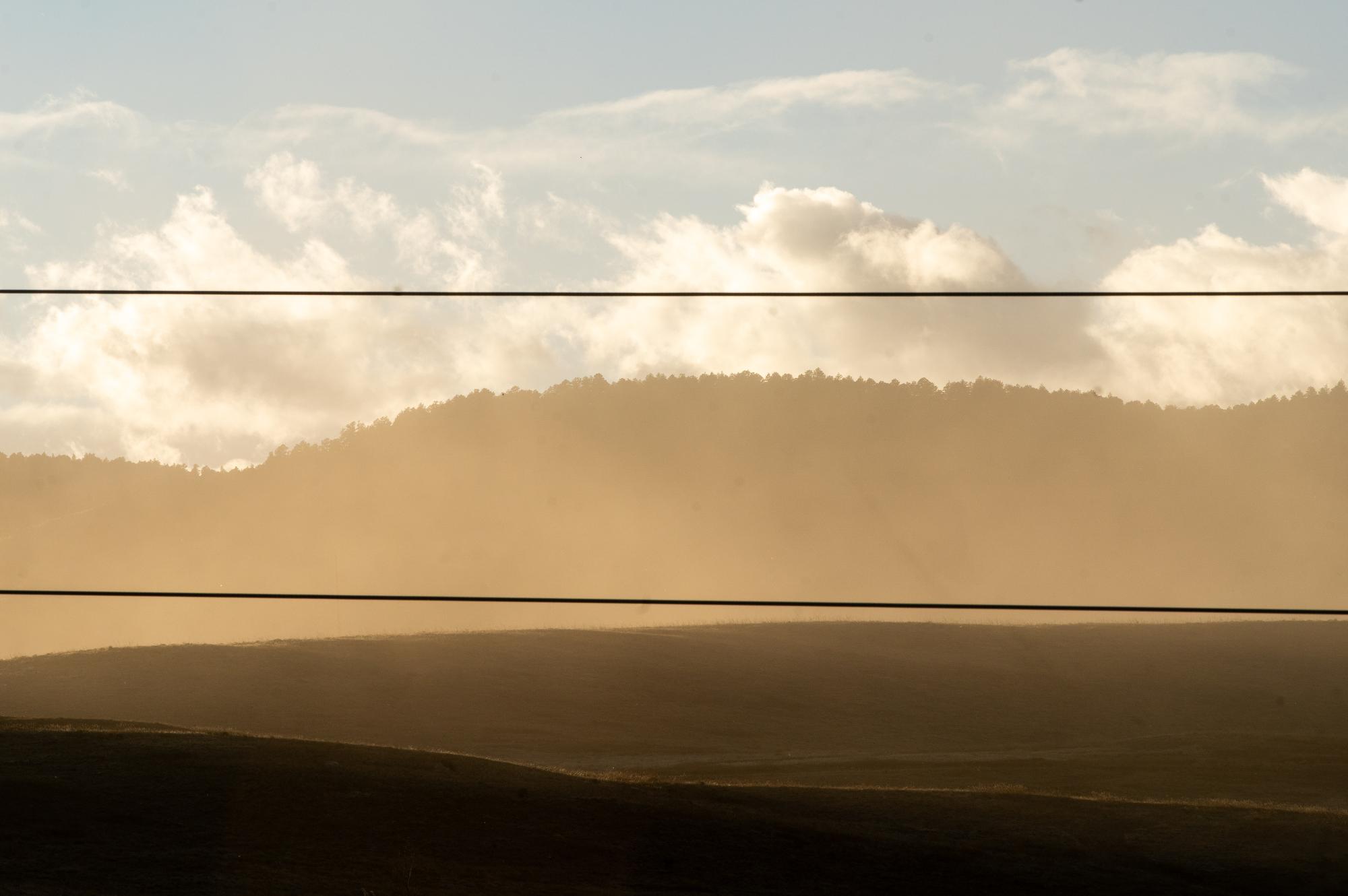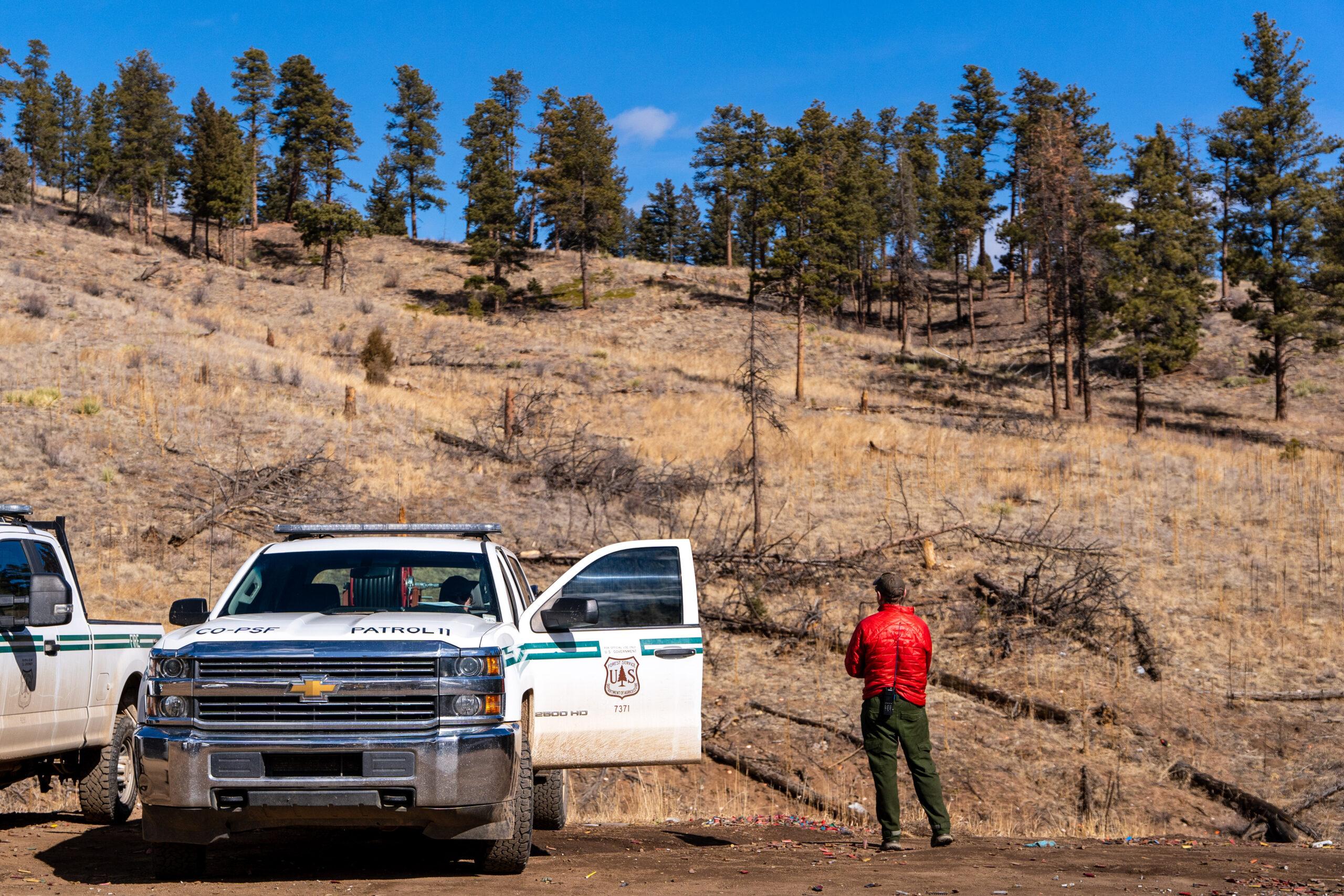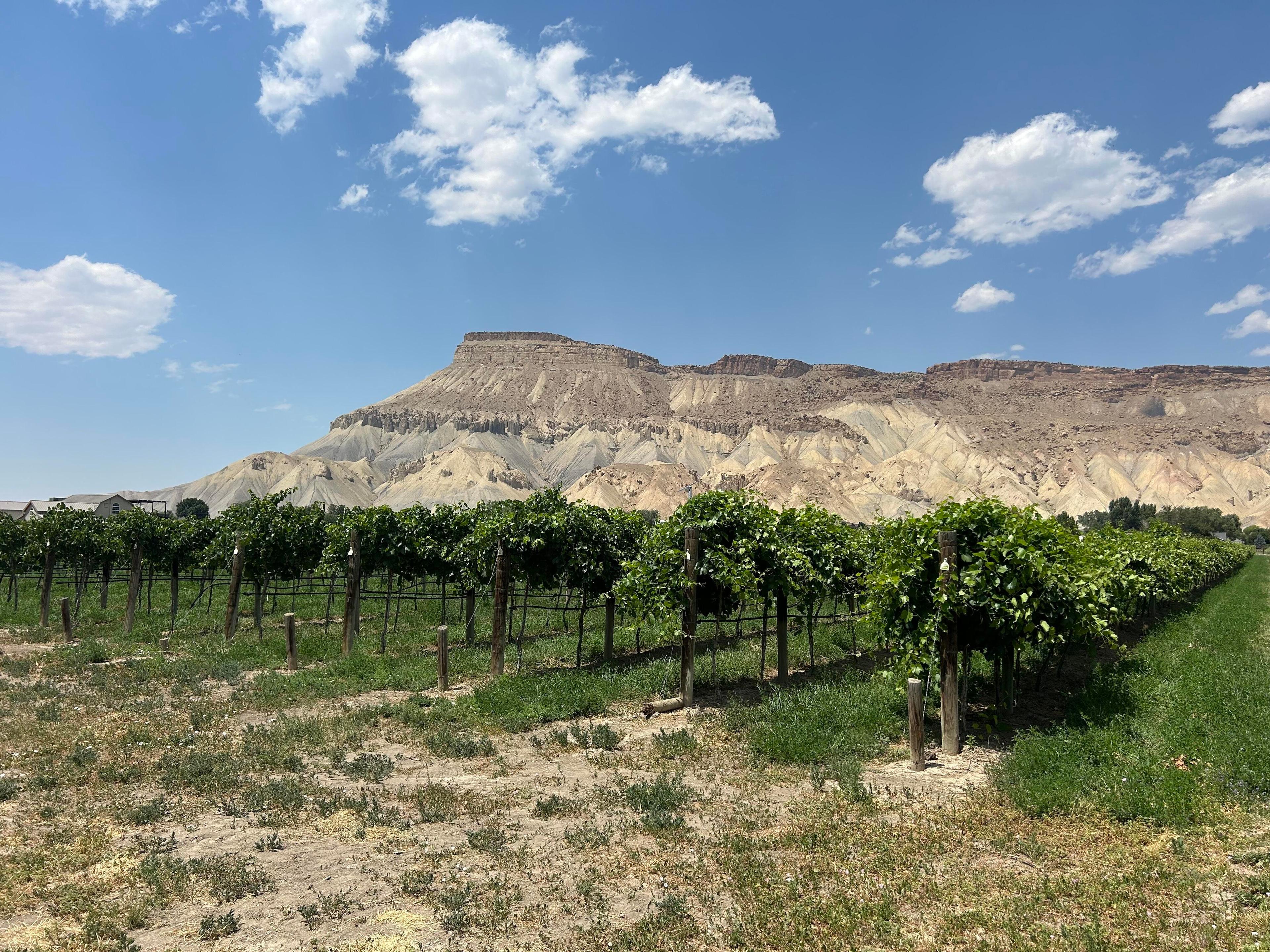

In general, Aug. 5 is a fairly unremarkable date. It's not the start of any sports season or the anniversary of any international catastrophe. But this year it's a pretty big day for Colorado's law books. Aug. 5 marks the 91st day since the end of the state legislative session, the day when every bill without a specific start date officially takes effect.
This year, 120 of the 368 bills passed by the Legislature become law today. A lot of them are rather ... obscure, to put it kindly. Firefighters can now get specialized motorcycle license plates. A new grant program will support efforts to fight invasive water-sucking weeds called 'phreatophytes.' Veterans and members of the military can now pass a test to bypass the required hunter education courses to get their hunting licenses.
Some of these 120 bills will have a wider impact on the state. Here are five of them:
New felony DUI penalty:
Repeat drunk drivers can face felony charges in all but a handful of states in this country, and today Colorado leaves that handful. After today, a driver who's already been convicted of driving drunk at least three times can be charged with a felony for their next offense. Despite broad philosophical support for the policy, it took lawmakers several tries to actually pass a bill. That's because of cost. Misdemeanor drunk driving cases are handled in county courts and perpetrators serve their time in county jails, keeping all the expense at the local level. State legislative analysts estimate that around 1,700 repeat offenders annually could now be sentenced to the state prison system, at a cost of roughly $8 million a year.
Bipartisan workforce development:
One of the big "kumbaya" moments of this year's split legislative session came when majority House Democrats and majority Senate Republicans stood together to sponsor nearly a dozen bills aimed at helping connect Coloradans with high skill, and higher-paying, jobs. Four of those measures take effect today. Two are focused on developing more explicit career pathways for students interested in certain fields, making it easier from them to move from classroom work to training opportunities and finally employment. Another expands a program for community colleges to offer on-site training courses to workers at specific companies. The fourth bill offers companies a $5,000 incentive for every new paid internship or apprenticeship they create.
Smoothing the way for deployed military voters:
There have long been laws on the books making it possible for military members deployed overseas to receive and return their ballots in time for federal and statewide elections. But now, municipal elections will also have to adjust their timelines to give overseas voters enough time to participate. This change was a priority item for Colorado's new Secretary of State Wayne Williams when he took office earlier this year.
More local say in locating new tap and tasting rooms:
With scores of new breweries, wineries, and distilleries opening around the state, it can feel like every neighborhood will soon have its own tap or tasting room. But until now, local governments haven't had a lot of say about where those operations locate; licensing has all been in the hands of the state's Liquor Enforcement Division. The new law doesn't give the locals veto power, but it does offer them the opportunity for more input. Now new operations will have to send their applications to open a sales room to the local alcohol licensing authority for that jurisdiction, and the board will be able to supply its feedback to the state authority where that decision still rests.








